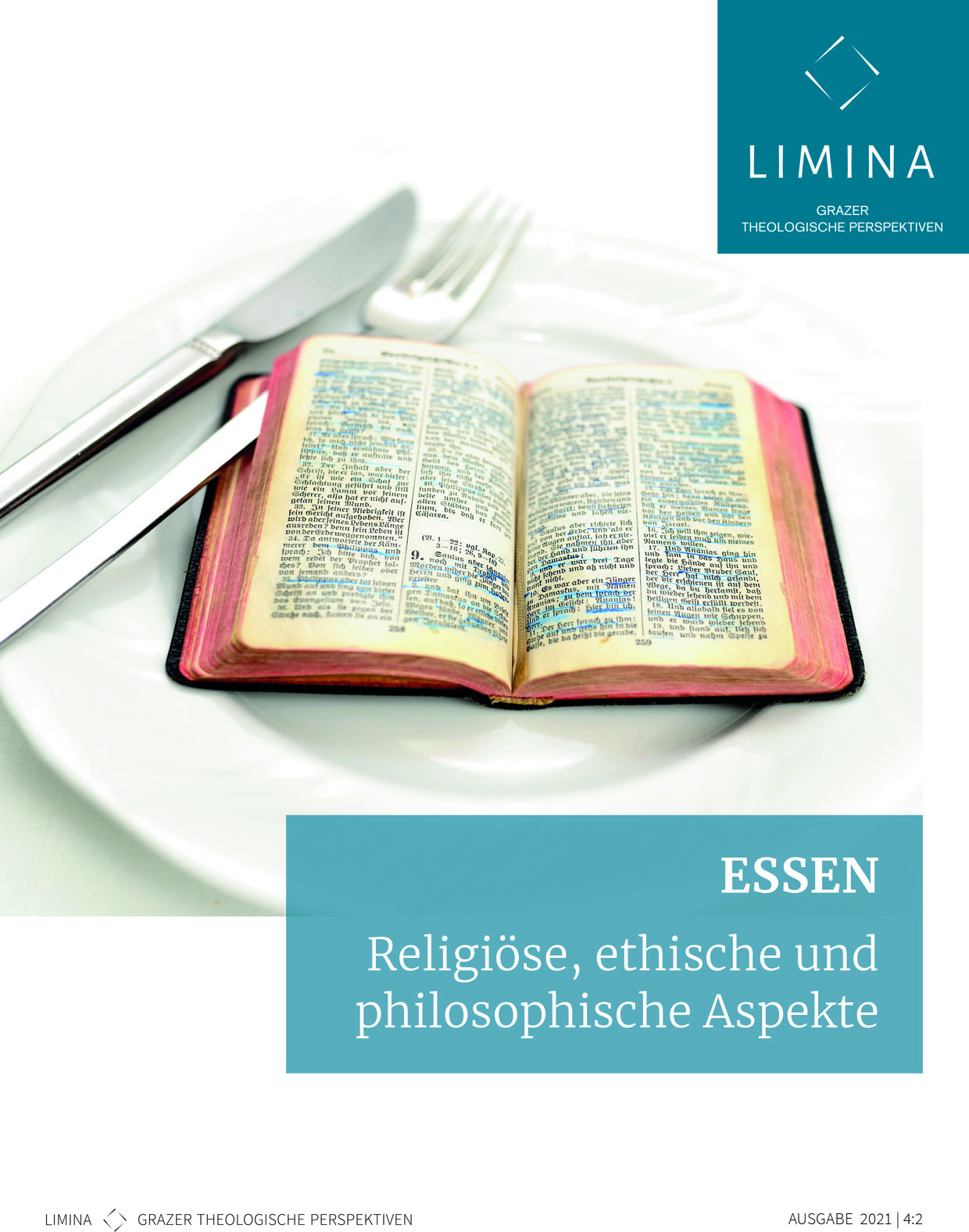Interreligious learning through culinary encounters Food-based concepts of teaching. On the example of Alevist and Christian traditions
Main Article Content
Abstract
Christian and Alevist traditions are rich in culinary practices that play an important role in religious expressions and rituals. This makes the medium of food an effective tool for interreligious teaching. Preparing and sharing festive dishes and fasting meals from each religious tradition offers a wholesome approach to interreligious learning that is gaining popularity. This article analyses this “culinary” concept through a theoretical framework of the didactics of interreligious learning in order to investigate its potential as well as its limitations as a method of encounter-based learning of different religions. It will show how food can be incorporated in the teaching design of interreligious learning and highlights different aspects that need to be considered.
Article Details
The author(s) retain copyright without any restriction.
LIMINA provides immediately upon publication open access to its content. The content of this journal is licensed under the Creative Commons Attribution 4.0 International Licence. By submitting a contribution, the author(s) agree(s) to the terms of use of the CC BY licence.

